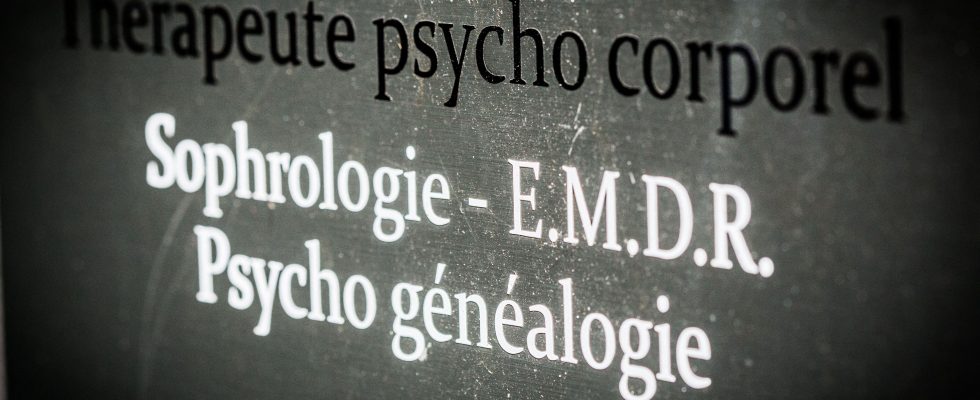The treatment of patients by practitioners other than qualified doctors has been illegal in France since the 19th century. Yet tens of thousands of alternative “therapists” from various traditions – osteopaths, naturopaths, sophrologists, healers, etc. – currently care for millions of patients. The need for appropriate regulation has therefore become evident and the Minister Delegate for Health Agnès Firmin Le Bodo recently announced the creation of a committee of experts to help “supervise” these alternative practices. The question then arises as to what is the best way to regulate this sector.
In approaching this thorny subject, we must ask ourselves what is the main objective of regulation in the field of health care. Alternative medicine practitioners often push for some form of mentorship because they believe it would bring them better recognition (and better income). But this is certainly not the objective of the public authorities, which must above all aim to protect the population.
Patient endangerment
Protect against what? I have no doubt that most alternative medicine practitioners are full of good intentions. But the truth is that most are not trained enough to be medically and ethically competent. However, because of current self-regulation, many play on the blurring of the border around the notion of “well-being”, not hesitating to diagnose, treat and advise patients, even those suffering from serious pathologies, whereas that is normally prohibited. This apparent mismatch between professional competence, on the one hand, and clinical responsibility, on the other, potentially puts their clients at risk and suggests that self-regulation cannot be the solution.
The alternative would be regulation by legislation. The law would guarantee that practitioners respect the fundamental rules of medical ethics (with the need for informed consent from the patient, for example) and only offer practices that have demonstrated their effectiveness. But this creates a seemingly insurmountable problem, as most alternative methods are NOT evidence-based.
Informed consent
A simple scenario could explain this in more detail. Imagine that a patient suffering from abdominal pain consults an osteopath (who actively promotes the idea that he can treat this condition). The practitioner wishes to resort to spinal manipulations but, to respect the principle of informed consent, he must inform the patient that the effectiveness of this treatment has not been demonstrated and that it involves risks. Furthermore, the osteopath would be required to indicate that he does not know the cause of the pain, which could even be cancer, and that a doctor would be in a much better position to make a diagnosis and initiate effective therapy. Will an osteopath do all this and thus lose his patient and his fees?
Even such a simple example shows how sensitive the regulation of alternative medicine practitioners is. Governments around the world have come up against this problem and have implemented various types of compromises. Without exception, these compromises have one major downside: they create a double standard in health care, with strict rules for doctors and looser ones for alternative therapists. However, it is not desirable to have two weights, two measures.
So, is there a solution? If it were up to me, I would insist on applying a single standard to all areas. This means that strong evidence must precede regulation. If alternative medicine practitioners can produce convincing data that a particular approach, such as spinal manipulation, does more good than harm for a given condition, they would be permitted to use it for the management of that condition. specific problem. On the other hand, if the evidence is not convincing, the law must prevent them from using it. After all, even the best regulation of nonsense can only produce nonsense.
Many therapists would lose a large part of their activity. But the purpose of regulation is not to increase their ego or their income.
Edzard Ernst is Emeritus Professor at the University of Exeter (UK).
